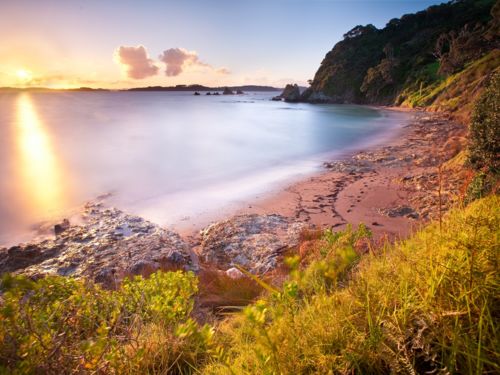Whangarei
17.89°C

Whangarei
17.89°C

Waitakere City
16.98°C

Manukau City
17.11°C

Papakura
24.46°C

Hauraki
17.26°C

Waikato
17.67°C

Matamata
18.46°C

Hamilton
17.51°C

Otorohanga
18.52°C

Rotorua
16.6°C

Taupo
15.44°C

Tauranga
19.27°C

Kawerau
18.6°C

Whakatane
19.64°C

Gisborne
15.51°C

New Plymouth
16.98°C

Stratford
8.97°C

Ruapehu
14°C

Wanganui
17°C

Palmerston North
16.41°C

Wairoa
19.19°C

Hastings
18.84°C

Napier
18.49°C

Masterton
15.49°C

Carterton
15.66°C

Porirua
15.99°C

Lower Hutt
16.45°C

Wellington
15.79°C

Tasman
9.35°C

Nelson
16.27°C

Marlborough
3.22°C

Kaikoura
15.48°C

Christchurch
12.59°C

Ashburton
12.52°C

Timaru
13.37°C

Waitaki
11.32°C

Waimate
13.08°C

Queenstown
12.38°C

Dunedin
14.33°C

Southland
9.98°C

Gore
11.31°C

Invercargill
12.06°C

Blenheim
14.73°C

Te Anau
27.35°C

Wanaka
11.17°C

Kaikoura
13.38°C

Stratford
13.54°C

Upper Hutt
15.9°C

About
Russell, known as Kororareka, in the early 19th century, was the first permanent European settlement and seaport in New Zealand. Before the arrival of the Europeans, Russell was inhabited by Māori because of its salubrious climate and the abundance of food, fish and fertile soil.
When European and American ships began visiting New Zealand in the early 1800s, the indigenous Maori quickly recognised there were great advantages in trading with these strangers, whom they called tauiwi.The Bay of Islands offered a safe anchorage and had a large Māori population. To attract ships, Māori began to supply food and timber. What the Māori population wanted was respect, plus firearms, alcohol, and other goods of European manufacture.
There are an abundance of things to do and see here. The Christ Church is top on the list as this is the oldest church in the north, and still has bullet holes fromthe early settlement days.
